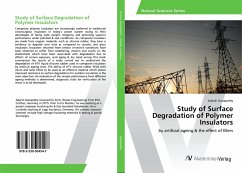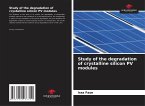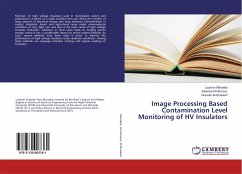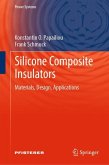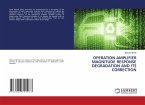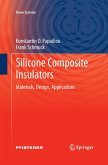Composite polymer insulators are increasingly preferred to traditional ceramic/glass insulators in today's power system owing to their advantages of being light weight, longevity and providing superior performance under polluted & wet conditions. As composite insulators are made from organic materials such as silicone rubber, they have a tendency to degrade over time as compared to ceramic and glass insulators. Insulators returned from certain in-service conditions have been observed to suffer from weathering, erosion and cracks on the sheds/shank which have been associated with degradation due to effects of corona exposure, acid aging & dry band arcing. This book summarizes the results of a study carried out to understand the degradation of HTV liquid silicone rubber used in composite insulators by artificial ageing tests. The ability of HTV silicone rubber filled with micro and nano fillers to be used as an effective material which shows improved resistance to surface degradation for outdoor insulation is the main objective. An evaluation of the sample performance from different ageing methods is determined, diagnostic tools for verification of the result is to be developed.
Bitte wählen Sie Ihr Anliegen aus.
Rechnungen
Retourenschein anfordern
Bestellstatus
Storno

